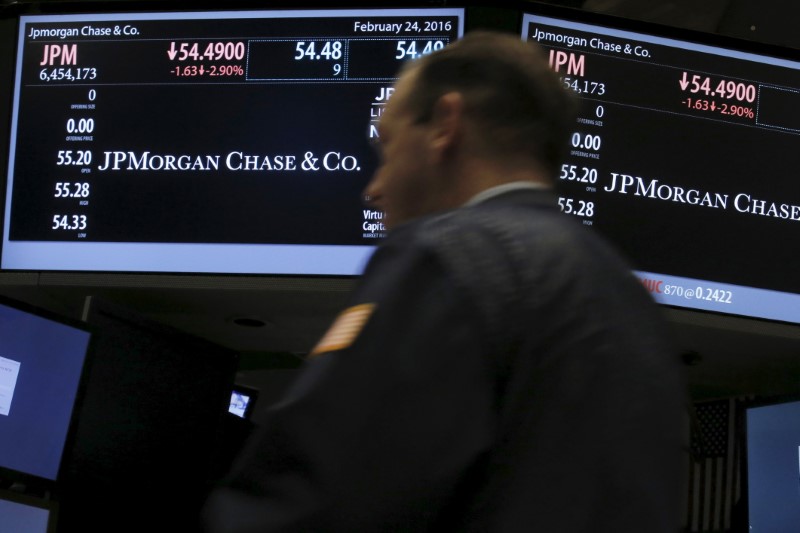Five things to watch in markets in the week ahead
Analysts at JPMorgan suggest that investors should prioritize safety in light of increased geopolitical tensions fueled by conflicts in the Middle East.
These tensions are compounding existing challenges faced by risk assets and economic activity, such as rising interest rates, the analysts wrote in a note to clients.
“We expect the market to trade in a broader range, but medium term remain negative as headwinds for markets are getting stronger and tailwinds weaker, in our view.”
The analysts recommend adding 1% to government bond allocations in investment portfolios. This adjustment is driven by a combination of factors, including the rising geopolitical risk, attractive valuations, and the less crowded positioning in government bonds.
They have also increased the allocation to gold within the commodities portfolio. This decision is motivated by the need for a hedge against geopolitical uncertainty and expectations of a retracement in real bond yields.
The analysts maintain a defensive stance in the market, including an underweight position in equities and credit, an overweight position in cash, and a higher level of exposure to commodities.
“Weakening PMI momentum suggests that Q3 earnings growth is likely to be negative, while softening corporate pricing could lead to a squeeze on margins. Lags in the impact of high rates are longer this time, but we believe most of the negative effects are still to come,” the analysts said.
It's worth noting that these analysts had been a few of Wall Street's most significant optimists during the 2022 market selloff. However, they have since reversed their view, reducing equity allocations due to a deteriorating economic outlook throughout this year.
They point out ongoing risks, particularly for consumer cyclicals like retail, luxury, autos, and sectors like chemicals and semiconductors. Moreover, the analysts suggest that banks might have good third-quarter results but could be approaching an inflection point.
